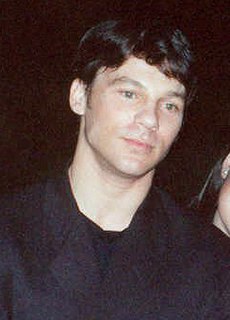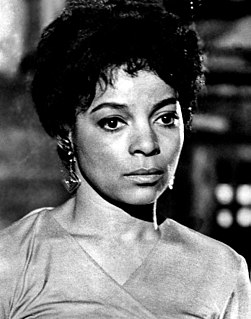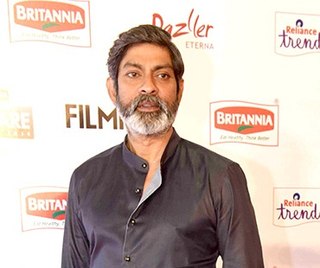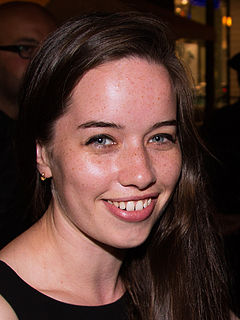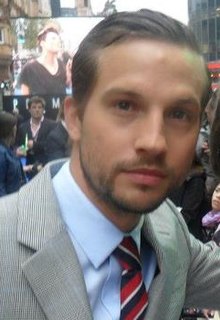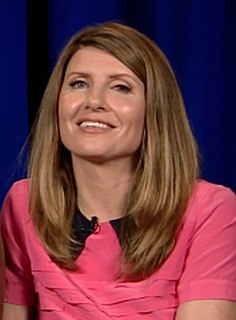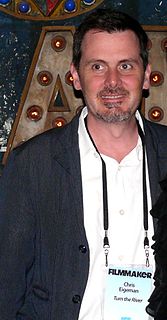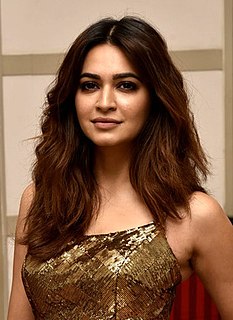A Quote by James Franco
When I started writing after my career as an actor, I knew that that other life in the film industry would be pulled into my writing life and that people would see me not as an author but as an actor starting to write.
Related Quotes
I know that I've definitely found what I should be doing with my life. In my life, as far as my career goes, I always felt, as an actor, that it was something that would just be a temporary thing that would get me to what I wanted to do next. That's what my acting did. I really feel that I'm a much better director than I was an actor.
And I don't know where to find Ashley Danfield and all the other lovely commentators who show me live courtroom trials. To me, you know, I'm obsessed with it. Like I think maybe if I wasn't an actor I'd be a litigator. But, you know, it's always just shocking to see what happens in real life because most of the things that you see on those trials if you tried to write them into a TV series you would say oh gosh, no one would believe that would ever happen. But yet they always do in real life.
Peter Sarsgaard, he's an extraordinary actor, and I would say that Peter has really brought into my life and my sister's life a sense of presence as an actor that I never really understood or knew about until I met him. They've been together for a very long time, and he introduced me to the idea of the presentation.

